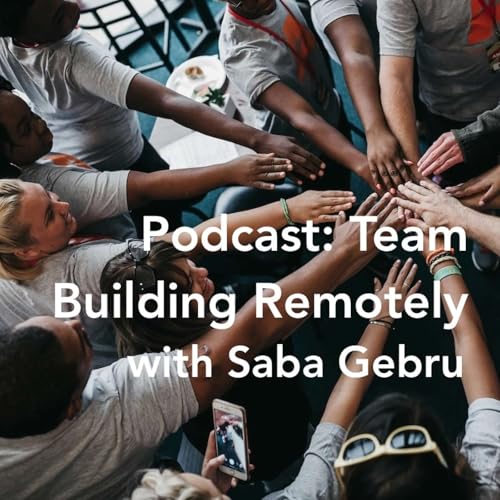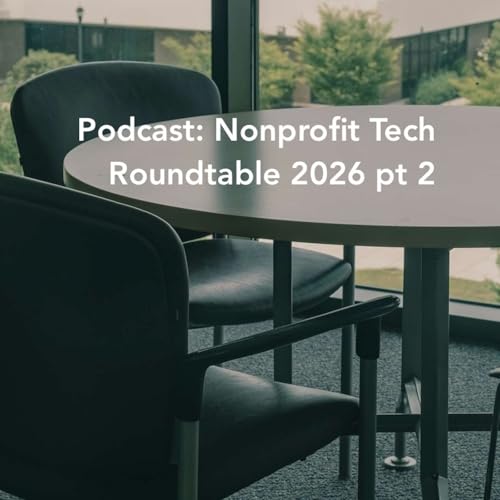As AI tools become more integrated into our nonprofits' daily workflows, it can feel as though the technology is moving faster than our ability to evaluate it. However, for mission-driven organizations, technology adoption isn't just a matter of efficiency—it’s a reflection of our values.
This episode steps back from the technical aspects of AI tools for nonprofits and explores the significant ethical questions that every nonprofit leader and board member should consider when shaping their AI policies.
Carolyn explores the complex human issues that often get lost in the marketing noise, from the environmental and community costs of massive data centers to the inherent biases found in Large Language Models. She also discusses the potential risks to mental health and the concerns surrounding the concentration of power within a few global tech giants.
Our goal isn’t to steer you toward a specific choice, but to provide a framework for understanding how these tools may intersect—or conflict—with your commitment to equity, sustainability, and community trust.
This conversation is designed to be a starting point for your internal discussions. We cover four major areas of concern: power imbalances, bias and exploitation, environmental impact, and the psychological effects of AI-human interactions. By acknowledging these challenges openly, nonprofit professionals can make more informed, intentional decisions about if, when, and how to use these tools in a way that truly serves their mission and the people they support.
Resources:
https://www.wired.com/ai-issue/
Imbalance of Power:
https://www.forbes.com/sites/stevenwolfepereira/2026/01/20/davos-wont-save-us-from-ai-the-boardroom-might-be-our-last-hope/
https://nonprofitquarterly.org/how-nonprofits-can-resist-the-ai-efficiency-trap/
https://medium.com/@Craig_W/the-corporate-playbook-when-good-ai-goes-bad-by-design-aedf9621b07b
Bias and Exploitation:
https://www.ibm.com/think/topics/ai-bias
Racism, Surveillance and AI panel, Howard University, October 2025
Environmental and Community Impact:
https://news.mit.edu/2025/explained-generative-ai-environmental-impact-0117
https://naacp.org/campaigns/stop-dirty-data-centers
Mental Health Impacts:
https://jedfoundation.org/american-psychological-association-on-generative-ai/
https://www.psychiatrictimes.com/view/preliminary-report-on-dangers-of-ai-chatbots
_______________________________
Start a conversation :)
- Register to attend a webinar in real time, and find all past transcripts at https://communityit.com/webinars/
- email Carolyn at cwoodard@communityit.com
- on LinkedIn
Thanks for listening.
 Feb 13 202619 m
Feb 13 202619 m 11 m
11 m 34 m
34 m 18 m
18 m Jan 30 202628 m
Jan 30 202628 m 19 m
19 m Jan 23 202633 m
Jan 23 202633 m Jan 20 202624 m
Jan 20 202624 m
